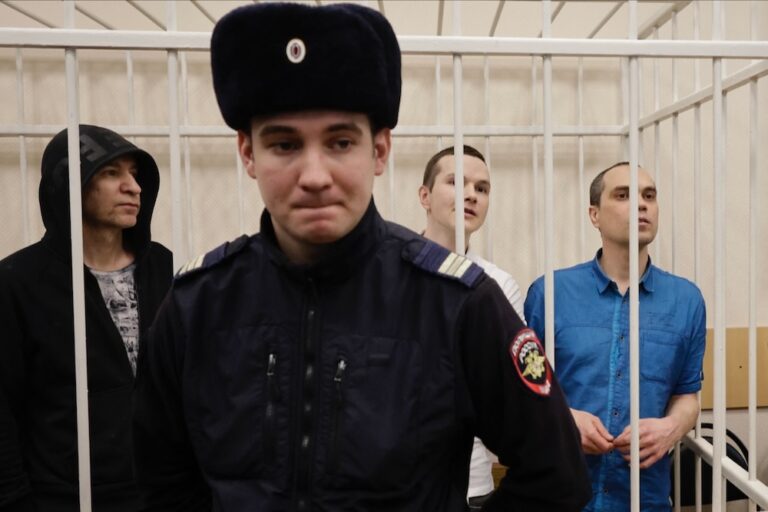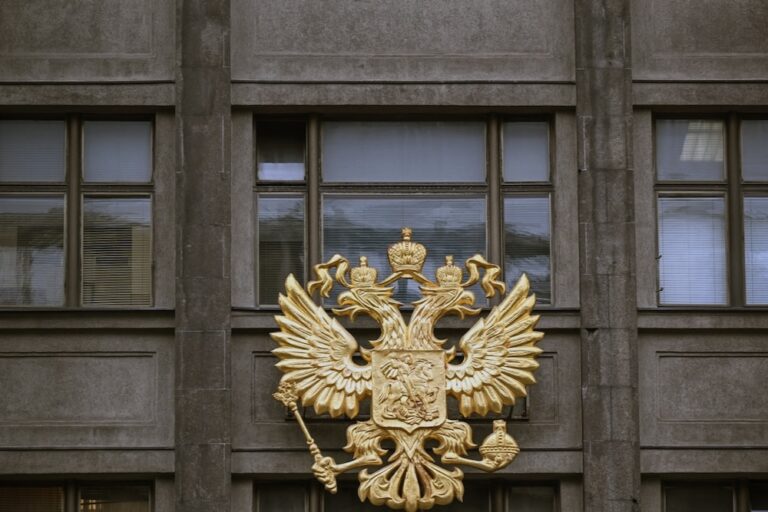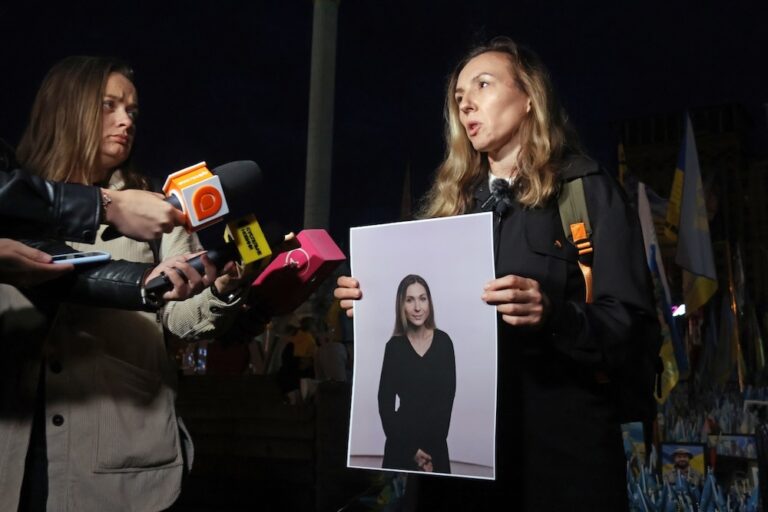(IPI/IFEX) – President Boris Yeltsin vetoed legislation on 31 March 1999 that would have established a council of lawmakers to oversee ”the protection of morals in Russian TV and radio broadcasts.” The President said the legislation would be a form of censorship explicitly outlawed by Russian law. **Updates IFEX alert of 23 March 1999** The […]
(IPI/IFEX) – President Boris Yeltsin vetoed legislation on 31 March 1999
that would have established a council of lawmakers to oversee ”the
protection of morals in Russian TV and radio broadcasts.” The President
said the legislation would be a form of censorship explicitly outlawed
by
Russian law.
**Updates IFEX alert of 23 March 1999**
The law, “On the Supreme Council for the Protection of Moral Standards
in
Television and Radio Broadcasting in the Russian Federation,” which had
been
approved by both houses of Russia’s parliament in early March, would
have
created a high council comprising of twelve members – three each
nominated
by the President, the government and the two parliamentary chambers – to
protect moral standards in broadcasting. The council would have been
empowered to take “appropriate measures” against any television or radio
station broadcasting a programme “liable to enflame social, racial,
national, religious hatred, enmity or superiority, or advocating war,
violence or cruelty.”
Yeltsin vetoed the Bill on the grounds that it was ”inconsistent with
the
fundamentals of constitutional order of the Russian Federation and an
array
of federal laws.”
Several members of the Communist-led Duma have recently decried the rise
in
sex and violence on Russian television and radio since the 1991 collapse
of
the Soviet Union and its strict media censorship.
IPI, and many other domestic and international organisations, fought
against
the bill in the belief that it sought a return to censorship and the
centralised control of the media, and could be used to suppress
legitimate
news and opinion, in particular during the campaigns for the
parliamentary
and presidential elections scheduled for the end of this year and in
mid-2000, respectively.


